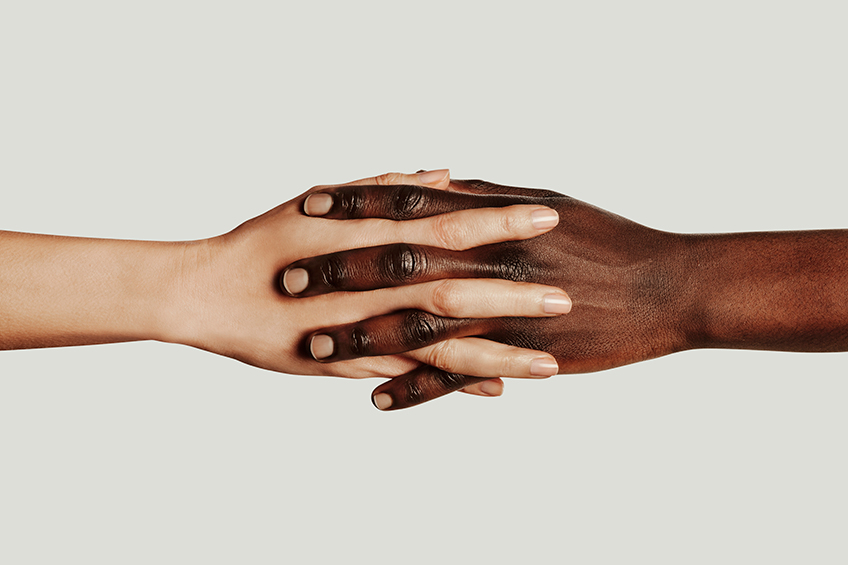
Juneteenth: An Open Letter

Throughout last year, when it came to social issues and reconciling grievances of an often forgotten history, many have been asking the question "what can I do?" and, as soon as we entered this June, I, maybe naively, didn't expect to hear the same recycled questions. Honestly, these questions make me wonder -- with all that has changed, what has actually changed? Have hearts and minds been changed? Or are we just looking at cultural calendars and using them as to-do lists?
After all we've been through, it's sometimes difficult not to view the questions as disrespectful. Think about it: what if we treated every day as a day of observance? Then we are reading, learning, and driving economic and equitable change every day. Then the individual evolution will add to the collective change we expect to see and actively be part of 365 days a year.
Let's also be clear, when African humans were stolen from their land, enslaved, forced to occupy land owned by Indigenous peoples, the fight for liberation began. But, to ground us all in the significance of Juneteenth, on June 19th, 1865, enslaved Black Americans in Galveston, Texas, were told they were liberated from chattel slavery -- two years late. The original declaration was made by Abraham Lincoln on January 1st in 1863, with the Emancipation Proclamation.
Last year, as many came face to face with this information, some for the first time, we heard and answered the questions, "What can I do to commemorate Juneteenth?", "How can I support the Black community?" and "How can I educate myself?" and the Black community showed up with answers. National and regional shopping lists featuring Black-owned businesses and books written by Black authors circulated social media, Slack, and internal Microsoft Teams chats. The Digitas McCOE helped various brand and client teams craft pointed messages to their Black employees and consumers, doubling down on economic commitments. The collective didn't stop there -- creative activist groups like Hella Creative led a national, corporate activist movement to make Juneteenth a recognized holiday.
If the question is, "How can we drive intentional and deliberate change?" or “What corporate practices are still upholding antiquated and racist processes and behaviors?”, then let's have a conversation.
I'll tell you, loud and clear, that the expectation is sustainable change. Last year, a study by Collage Group showed that 72% of Black Americans expect corporations to leverage their power to change government policies and support equity and justice. And 51% of Black people believe that our industry still needs to focus on non-white interests.
The changes remain to be seen in hiring practices that bring in and sustain Black talent and celebrate the "hyphen" (as I always say, there is magic in the intersection), invest in and increase Black-owned media supply, and provide equitable practices that increase creator-led opportunities.
As my "in-my-mind" action and impact mentor, Angela Davis, said, "I am no longer accepting the things I cannot change. I am changing the things I cannot accept."
"I am no longer accepting the things I cannot change. I am changing the things I cannot accept."
